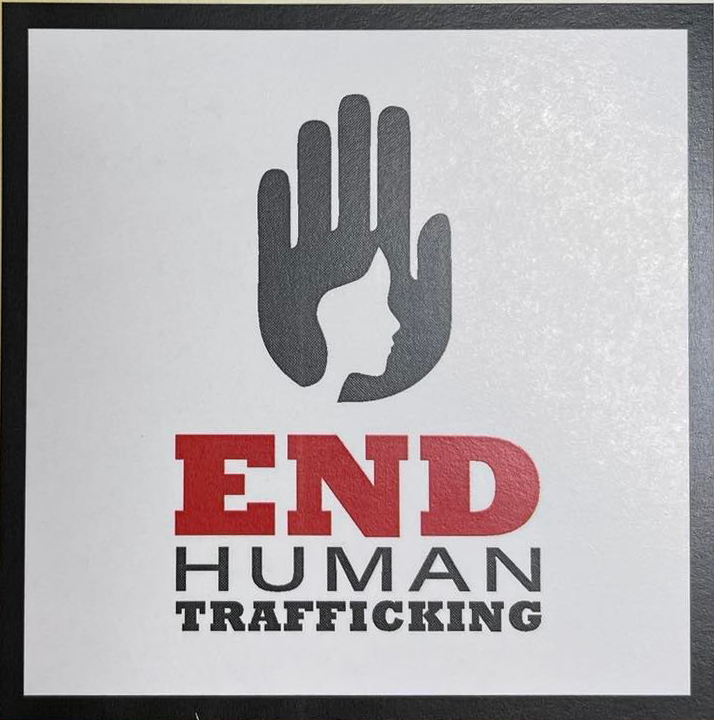January is National Human Trafficking Prevention Month. In recognition of this, Attorney General Josh Kaul and the Wisconsin Anti-Human Trafficking Task Force (WAHTTF) are debunking myths about human trafficking, to help increase
awareness of the problem.
“Human trafficking impacts communities across the state and country, and it's important for people to know the facts,” said Attorney General Josh Kaul. “By sharing information about human trafficking, we hope to raise awareness about this appalling crime.”
Myth: Human trafficking only occurs outside of the United States, primarily in developing countries.
Fact: All forms of human trafficking occur in the United States.
Myth: Traffickers typically target strangers.
Fact: Victims of human trafficking are most commonly trafficked by someone they know. This could include a romantic partner, family member, employer, or other acquaintance who engages in
grooming tactics that include false promises and lies, gifts, basic needs, affection, and attention.
Myth: Victims of human trafficking only come from households with pre-existing economic and social challenges.
Fact: Anyone can be a victim of human trafficking. It is true that there are certain populations that are disproportionately at risk, including people affected by prior abuse or sexual violence, poverty, and unstable living situations or homelessness, as well as those systemically marginalized and underserved. However, the myth that it can only happen to certain groups is harmful.
Myth: All human trafficking involves sex.
Fact: Sex trafficking exists, but it is not the only type of human trafficking. Forced labor is another type of human trafficking; both involve exploitation of people. Victims are found in legitimate and illegitimate labor industries, including sweatshops, massage parlors, agriculture, restaurants, hotels, and domestic service.
Myth: People experiencing human trafficking are usually abducted, and physically held against their will so they cannot leave their situation.
Fact: This may be the case for some survivors, but traffickers use other types of abuse and control that do not involve physically holding people against their will. Abductions are very rare, and traffickers use other tactics to groom their victims over time.
You can learn about more human trafficking myths on the
Department of Homeland Security Blue Campaign page.
If you or someone you know needs immediate help, call 911. The National Human Trafficking Hotline also assists victims and accepts tips 24 hours a day, 7 days a week, at 1.888.373.7888. For help finding a local service provider, reach out to the DOJ Office of Crime Victim Services or visit the service directories on DOJ's human trafficking website at
www.BeFreeWisconsin.com or at
https://www.wcasa.org/survivors/service-providers/.
WAHTTF is a statewide multidisciplinary task force comprised of federal, state, and tribal law enforcement and victim service providers dedicated to supporting survivors of human trafficking and ensuring justice is served by those who commit the crime.

